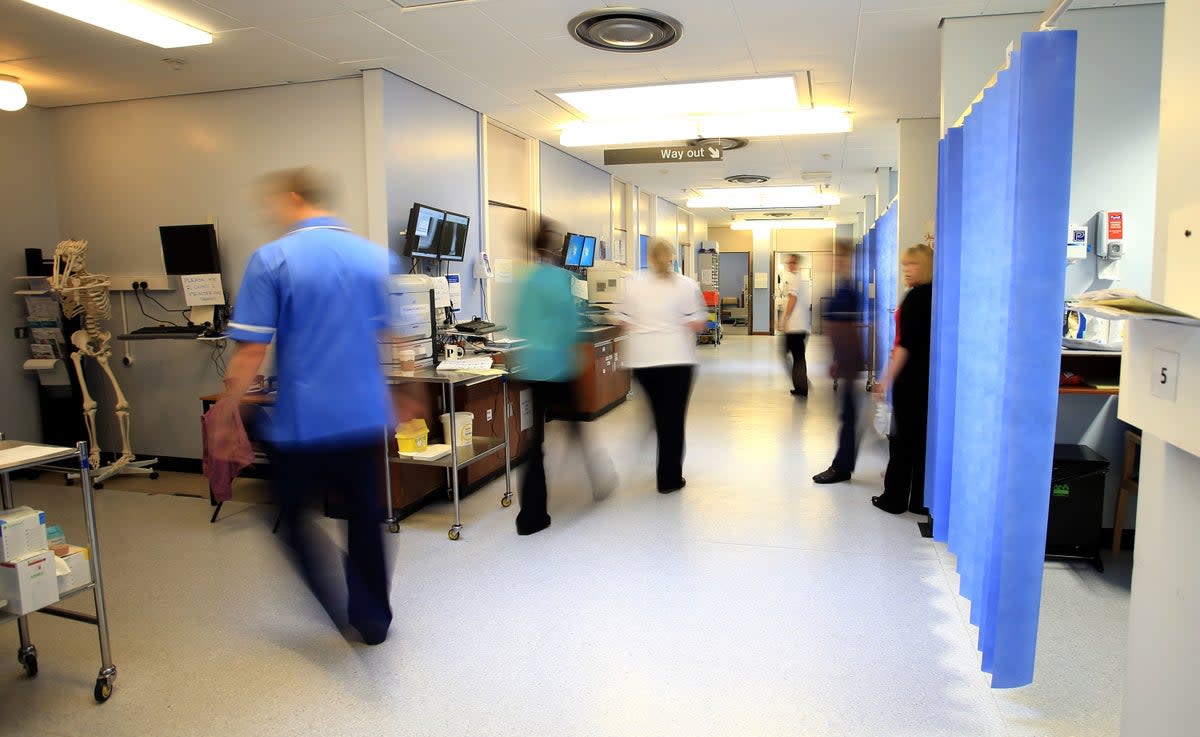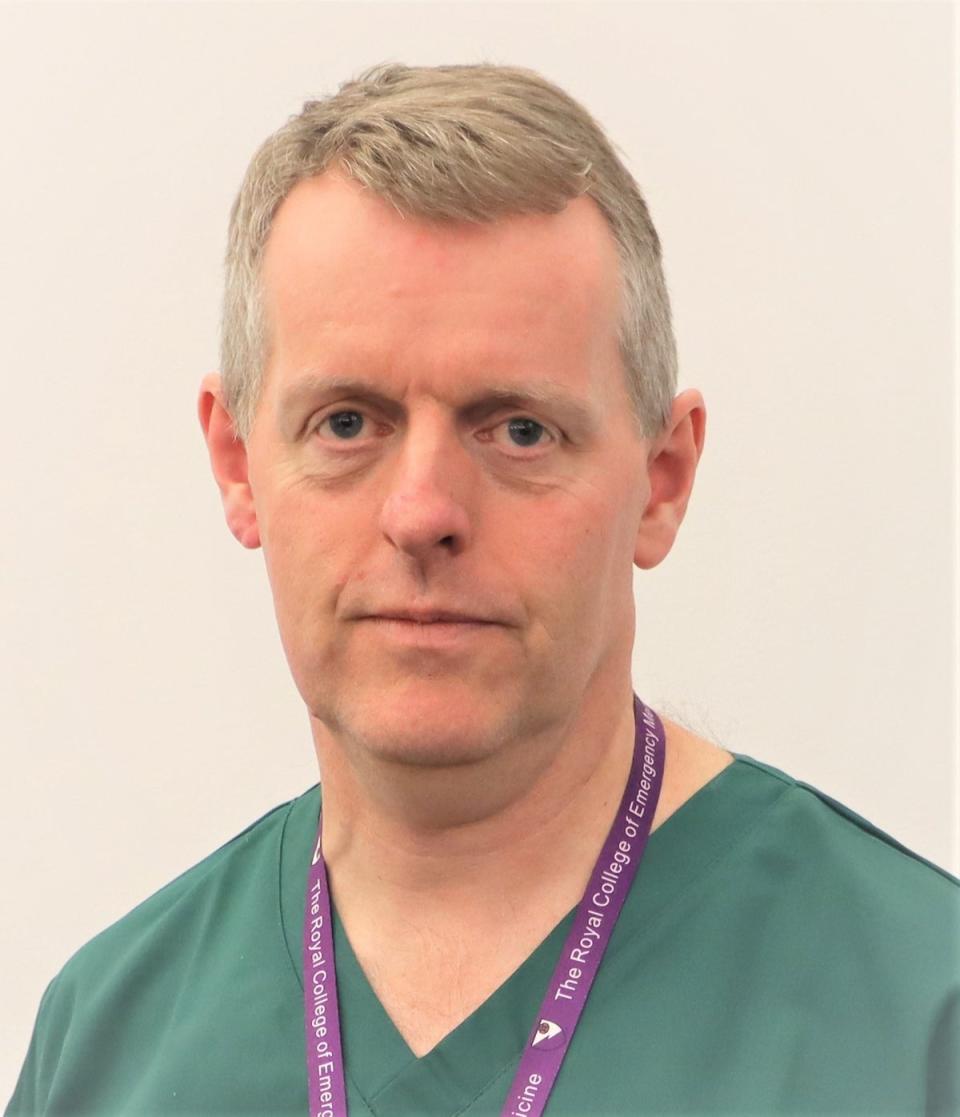Suicidal and self-harming patients receive inadequate care due to overwhelmed A&E departments, doctors warn

A&E staff are unable to properly look after the most vulnerable mental health patients or treat them with compassion because emergency departments are so overwhelmed, top medics have warned.
An exclusive report shared with The Independent shows more than 40 per cent of patients who needed emergency care due to self-harm or suicide attempts received no compassionate care while in A&E, according to their medical records.
The data, collated by the Royal College of Emergency Medicine (RCEM), prompted a warning from top doctor Dr Adrian Boyle that mental health patients are spending far too long in A&E – where they are cared for by staff who are not specifically trained for their needs – before being moved to an appropriate ward.
It comes afterThe Independent uncovered soaring waiting times for mental health patients in A&E – with nearly 15 per cent waiting for more than 12 hours last winter to be seen, treated or discharged.
Dr Boyle, who is president of the RCEM, said there had been some progress in improving care for a “historically disadvantaged” group, but added: “Patients with mental health problems are still spending too long in our emergency departments, with an average length of stay of nearly 10 hours and this has not really improved.
“An emergency department is frequently noisy and agitating, the lights never go off and cannot be described as an environment that promotes recovery.”
The report analysed 18,684 records of patients who needed emergency care due to self harm or made suicide attempts. Of those, 7,847 showed no evidence of having received compassionate care while in A&E, which is 42 per cent. There was partial evidence of compassionate care in 27 per cent of cases.

The data also shows that just 29 per cent of 5,806 patients who were deemed to be at risk of further self-harm were given the appropriate level of observation while in A&E.
Out of 15,713 patient records, just 30 per cent had received an assessment of the risk of further self harm of suicide.
When a patient goes to A&E after a self-harm attempt, they should receive an assessment by a clinician into the type of self-harm, reasons for it, future plans or further suicidal thoughts.
The college said it indicates a “significant gap” in the NHS’ ability to provide holistic care for mental health patients with complex needs and warned “urgent” improvements are needed.
As part of the report, doctors revealed the story of a woman, Sarah, who attended A&E after self-harming last year. She had a diagnosis of emotionally unstable personality disorder and was under the care of community mental health services.
When she attended A&E, she was asked to wait in a busy emegerncy department by herself. No staff came to check on her and she was left to wait for over an hour to be triaged.
When staff tried to call for her she had left the emergency department. Four hours later, she was brought back having taken an overdose using over-the-counter medication.
RCEM’s report shows improvements to waiting times for triage for mental health patients since the data was first analysed in 2019-20, with 74 per cent of patients being triaged within 38.7 minutes, down from 53 minutes.
It recommended A&Es begin to train emergency care triage nurses in mental health assessements specifically.
The average waiting time for patients to see a specialist mental health professional following initial assessments was 2 hours and 18 minutes on average.
The Department of Health and Social Care said it has increased mental health spending by £4.5 nillion since 2018 and is investing £143 million in crisis support services, with 99 schemes now completed.
An NHS spokesperson said: “This report demonstrates improvements since before the pandemic, including in lowering the average time taken for a mental health triage, but we know mental health services – including in urgent and emergency care and community crisis services – are working hard to care for more patients than ever before, treating record numbers and seeing significant increases in referrals.”
It said all A&Es now offer 24/7 access to a mental health liaison service or local crisis support.

 Yahoo News
Yahoo News 